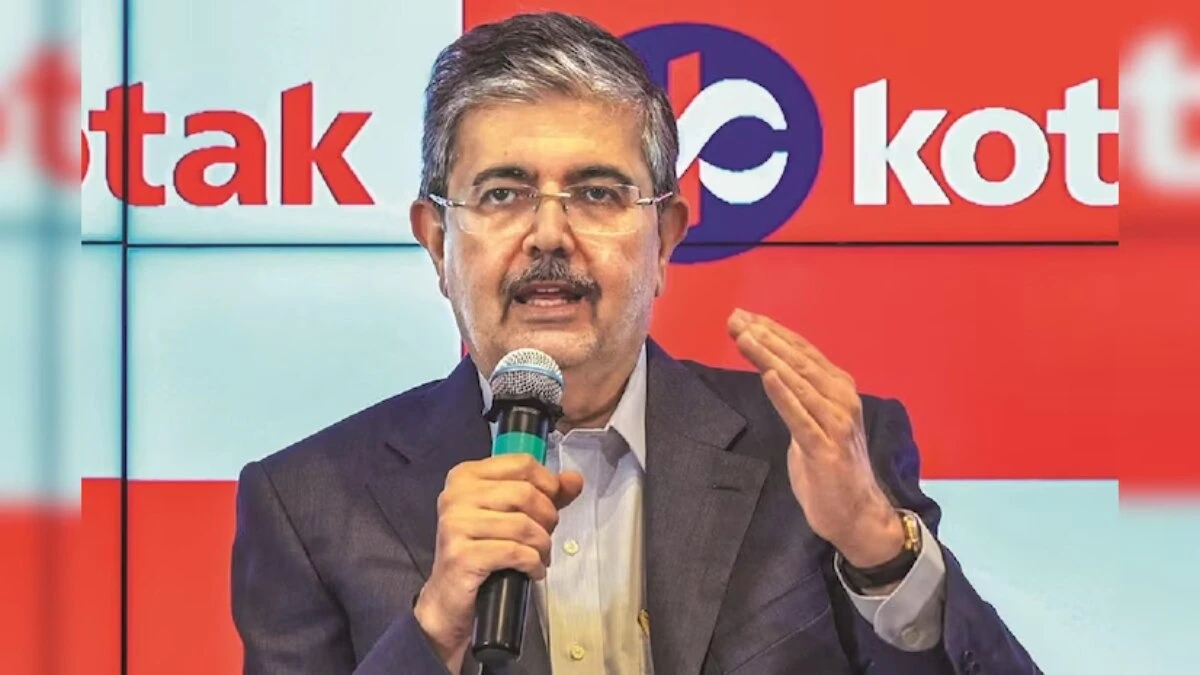Share

To regulate the public offers of small and medium enterprises (SMEs), SEBI along with market exchanges has decided to switch on the screw. The move is in response to concerns over misuse of a dedicated listing platform started in 2012 that was meant to ease small businesses’ access capital markets.
The regulator may consider raising it from currently between INR 300 million and INR 500 million ($3.59-$5.99 million). Currently there is no stipulated minimum issue size, if companies listed here have post issue capital base not less than Rs. 250 Mn. Implementing a minimum offer size will screen out unworthy companies thus safeguarding investors’ interests. India’s equity markets rally has seen a surge in public issues by SMEs. Thus, only 125 firms had raised Rs.22 bn. at end-March 2023 FY while data indicates a record high of about Rs.60 bn. obtained from 205 entities during FY24. Small and Medium Enterprises (SMEs) in India are defined as those having annual turnover ranging between INR50m – INR2.5bn. There have been worries due to oversubscriptions reaching even up to times beyond what was offered like say 500-1000 times.
It is stated “Merchant bankers would need disclose more about the purpose of the issue, financial health of issuer, associated risk factors”. In one of its recent crackdowns, SEBI banned three SME companies from accessing capital markets for defrauding funds they mobilized through public offers as well as other contraventions, thus underscoring the importance of retail investors to conduct thorough due diligence before investing in such stocks. High returns that are not sustainable should not be a basis of drawing investors in, warns SEBI.









